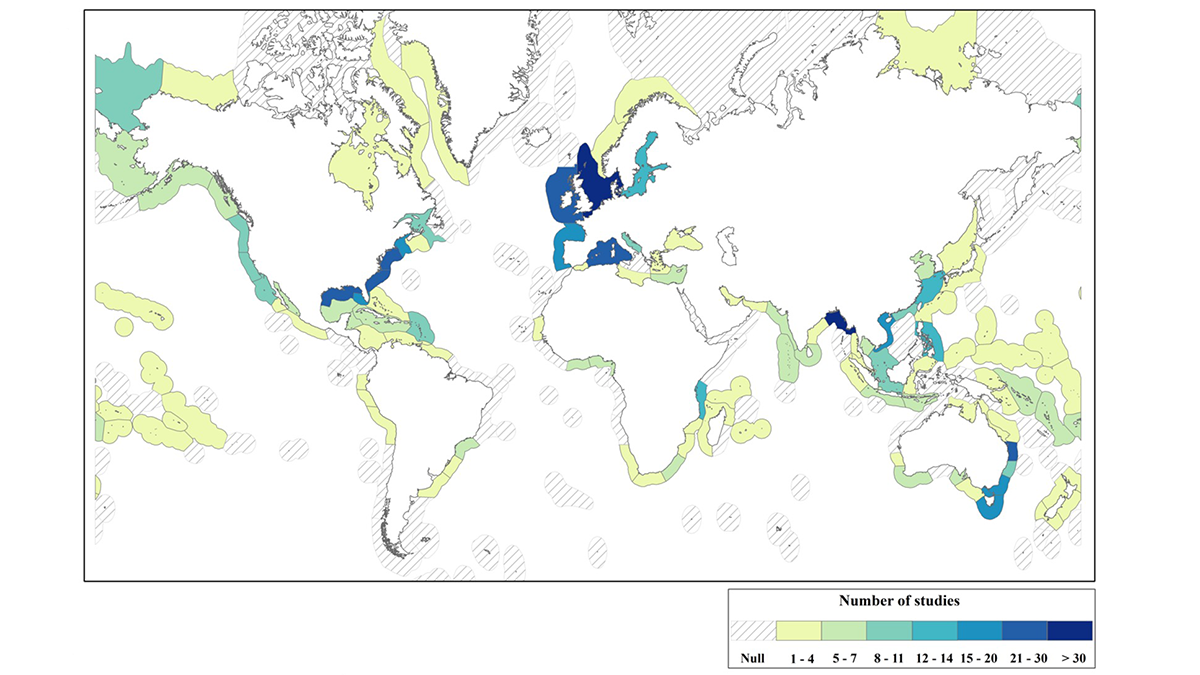Editors’ Highlights are summaries of recent papers by AGU’s journal editors.
Source: Earth’s Future
With sea level rise accelerating, marine heatwaves becoming more frequent, and rainfall patterns changing, it is now clear that climate change is increasingly affecting coastal areas. Coastal stakeholders know that an immediate and massive reduction of greenhouse gases will be necessary to stabilize climate warming, but at the same time, they need to reduce coastal risks resulting from complex interactions between climate hazards, human settlements and activities, and often-declining ecosystem services. Given the complexity of this task, it is important to understand how coastal adaptation is planned, implemented, and evaluated in practice across the world, to stimulate mutual exchange of knowledge.
In their systematic review, Cabana et al. [2023] identify 650 empirical research studies addressing coastal adaptation over the past 20 years. Their assessment reveals major imbalances and gaps. For example, the majority of studies were conducted in high-income countries, though southern countries are recognized as highly vulnerable to sea-level rise and other coastal impacts of climate change.
The authors also show that very few studies addressed the implementation phase of coastal adaptation, and that the governance, economic, financial, and regulatory contexts are often overlooked. Hence, this study opens important research avenues for coastal adaptation research, which will be extremely useful to address in order to inform coastal stakeholders and governments about their own coastal adaptation challenges, opportunities, and trade-offs.
Citation: Cabana, D., Rölfer, L., Evadzi, P., & Celliers, L. (2023). Enabling climate change adaptation in coastal systems: A systematic literature review. Earth’s Future, 11, e2023EF003713. https://doi.org/10.1029/2023EF003713
—Gonéri Le Cozannet, Associate Editor, Earth’s Future


